Last updated on March 1st, 2024
Let’s Travel (Virtually!) to Portugal, for “300 Days of Sun”
On June 10, we’re (virtually) heading to Portugal with some inspiration from Deborah Lawrenson’s novel 300 Days of Sun. Portugal has a fascinating history, and, as Lawrenson’s book reminds us, it was neutral in WW2 but a hotbed of spies! ⠀
If you haven’t been to Portugal yet you’ll want to put it on your bucket list. Founded in 868, it’s one of the oldest countries in Europe, and the oldest in the Iberian Peninsula. Portugal became a military, economic and political power in the 15th and 16th centuries, a time that is known as the ‘Age of Discovery’ resulting in shipping expeditions that created new trade routes with India and Africa and the discovery of what would become Brazil. Portugal’s influence on the world has been extraordinary.
Not only does it have stunning beaches and 80-foot waves for surfers, Portugal has its own essence. Below we’ve compiled some information to help get you ‘warmed up’ for our JourneyWoman Book Club. Please feel free to add your tips, advice and stories!
Discussion Questions
This book club will be hosted by JourneyWoman Community member Wendy B. (Thanks Wendy!) We are anticipating a large group, so some questions will be done using the chat function, and others in a discussion format. Please make sure you give everyone time to speak. This will be our first time doing this format so we ask for your patience and appreciate your feedback.
We’ll be discussing the following questions (more to come):
- What did you learn that you didn’t know about Portugal?
- If you’ve been, did you find it an accurate representation of Lisbon and Faro?
- How has it changed or broadened your perspective?
- What do you think Joanna was running away from? What did she learn about herself?
- Consider Alva’s situation in Lisbon in the 1940s and the choices available to women at that time. How hard would it have been for her to become independent?
- How much of the book is concerned with displays of power over others?
- If you could ask the author any question, what would it be?
If you’d like to get in the spirit of Portugal, Wendy suggests a few appetizers to try:
Others to add? Please jot them down below in our comments section.
Book Summary
Combining the atmosphere of Jess Walters Beautiful Ruins with the intriguing historical backstory of Christina Baker Klines’ The Orphan Train, Deborah Lawrenson’s mesmerizing novel transports readers to a sunny Portuguese town with a shadowy past where two women, decades apart, are drawn into a dark game of truth and lies that still haunts the shifting sea marshes.
Travelling to Faro, Portugal, journalist Joanna Millard hopes to escape an unsatisfying relationship and a stalled career. Faro is an enchanting town, and the seaside views are enhanced by the company of Nathan Emberlin, a charismatic younger man. But behind the crumbling facades of Moorish buildings, Joanna soon realizes, Faro has a seedy underbelly, its economy compromised by corruption and wartime spoils. And Nathan has an ulterior motive for seeking her company: he is determined to discover the truth involving a child’s kidnapping that may have taken place on this dramatic coastline over two decades ago.
Joanna’s subsequent search leads her to Ian Rylands, an English ex-pat who cryptically insists she will find answers in The Alliance, a novel written by American Esta Hartford. The book recounts an American couple s experience in Portugal during World War II, and their entanglements both personal and professional with their German enemies. Only Rylands insists the book isn’t fiction, and as Joanna reads deeper into The Alliance, she begins to suspect that Esta Hartford s story and Nathan Emberlins may indeed converge in Faro where the past not only casts a long shadow but still exerts a very present danger.
Borders: Air borders are open with EU countries except for Spain and Italy, and with the United Kingdom, Norway, Iceland, Liechtenstein, Switzerland, the USA, Canada, Venezuela, South Africa, Brazil and other countries whose official language is Portuguese. There are still air traffic limits owing to reduced air transport operations, which it is hoped will be gradually restored.
“Clean & Safe” seal: Turismo de Portugal has created the “Clean & Safe” seal, which distinguishes those tourist activities that guarantee compliance with the hygiene and cleanliness requirements for the prevention and control of Covid-19 and any other infections, in accordance with Department of Health recommendations. This seal covers the whole of the tourism value chain, including hotels, local accommodation, tour operators and restaurant and catering companies, which are simultaneously implementing specific codes and rules for the various types of services. The high take-up rate by companies, which have accounted for over 4000 of the available Seals, is very significant evidence of the commitment of Portuguese companies to welcoming tourists in safe conditions.
Phased Re-Opening: On May 18, Portugal took another step in the process of gradually opening up its economy and social life. This new phase was marked by the opening not only of our museums but also of other cultural amenities such as monuments, art galleries, interpretative centres, palaces and churches. Restaurants, cafés, patisseries, esplanades and shopping centres of up to 400 square metres opened as well.
This will constitute the second phased and controlled opening stage, following local traders, bookshops, hairdressers, beauty salons, libraries, sailing clubs, golf courses, taxi and rent-a-car companies and some public transport services, which previously opened their doors on May 4, with highly positive results. The effects of the pandemic in Portugal have maintained their downward curve, strengthening confidence and certainty in the measures implemented from the 18, and likewise those proposed for the subsequent phases.
The strict and rigorous health and safety measures imposed in Portugal by the Department of Health will remain in force, such as the obligatory use of masks, the continuation of two-metre social distancing, and conditions for frequent disinfection of hands by employees, visitors or customers, and of surfaces and spaces, the allocation of which will be subject to limits. In restaurants and similar establishments, ventilation and frequent air renewal will be given priority and all decorative elements will be removed from tables. Customers are advised to book in advance and payment must be made by contactless processes.
Photos: Carolyn Ray, December 2015
If You Go
Lisbon has a wonderful old town. Here are some tips to get you started!
- Have a bica coffee at the art deco Café A Brasileira (The Brazilian Lady Cafe), one of the oldest cafes in Lisbon and a meeting place for intellectuals.
- Hop on the infamous Tram 28 at the top of Praca da Figueira (to the right of the Hotel Bairo Alto). Sit by the window, right side. Take it all the way to Graca, which is the stop after you pass the Igreja Sao Vicente, a very large basilica/monastery. ⠀
- Watch the sunset at Park, an indoor/outdoor bar on the top of a parking garage. It takes a while to find the entrance, but it’s worth it when you get to the top! ⠀
- Walk around the Baixa, the Rossio (King Pedro IV Square), then head towards the Sé then into the Alfama, the oldest area of Lisbon. Get lost.⠀
- Take a taxi to Torre de Belem (Belem Tower), built in 1512, to see its beautiful limestone architecture. Have a long lunch in the nearby park and walk along the Tagus river to the Padrão dos Descobrimentos (Monument of the Discovery), with Prince Henry the Navigator at the bow, flanked by other famous Portuguese explorers. This monument celebrates the Portuguese Age of Discovery in the 15th-16th centuries. It was built in 1960 to commemorate the 500th anniversary of the death of Prince Henry the Navigator. There is one woman on the boat, his mother, Queen Felipa of Lancaster.
Disclaimer: We’re so happy that you’re checking out this page right now! We only recommend things that are suggested by our community, or through our own experience, that we believe will be helpful and practical for you. Some of our pages contain links, which means we’re part of an affiliate program for the product being mentioned. Should you decide to purchase a product using a link from on our site, JourneyWoman may earn a small commission from the retailer, which helps us maintain our beautiful website. Thank you!
More to Discover From Europe
Oslo for Adventurous Women: Norway’s Warmth Shines Even in the Winter
Oslo offers plenty of activities to ignite your adventurous spirit, including fjord cruises, maritime museums and mouthwatering local food.
Satisfying My Sweet Tooth on a Culinary Tour Through Paris and Strasbourg
A culinary tour in Paris mixes chocolate, fashion, shopping, and a bestselling author together for the perfect Christmas adventure.
What to Do When Travel Plans Go Awry: Adventures in Norway
When an Arctic cruise doesn’t go exactly as planned, here’s how to shift your mindset and embrace the unexpected.

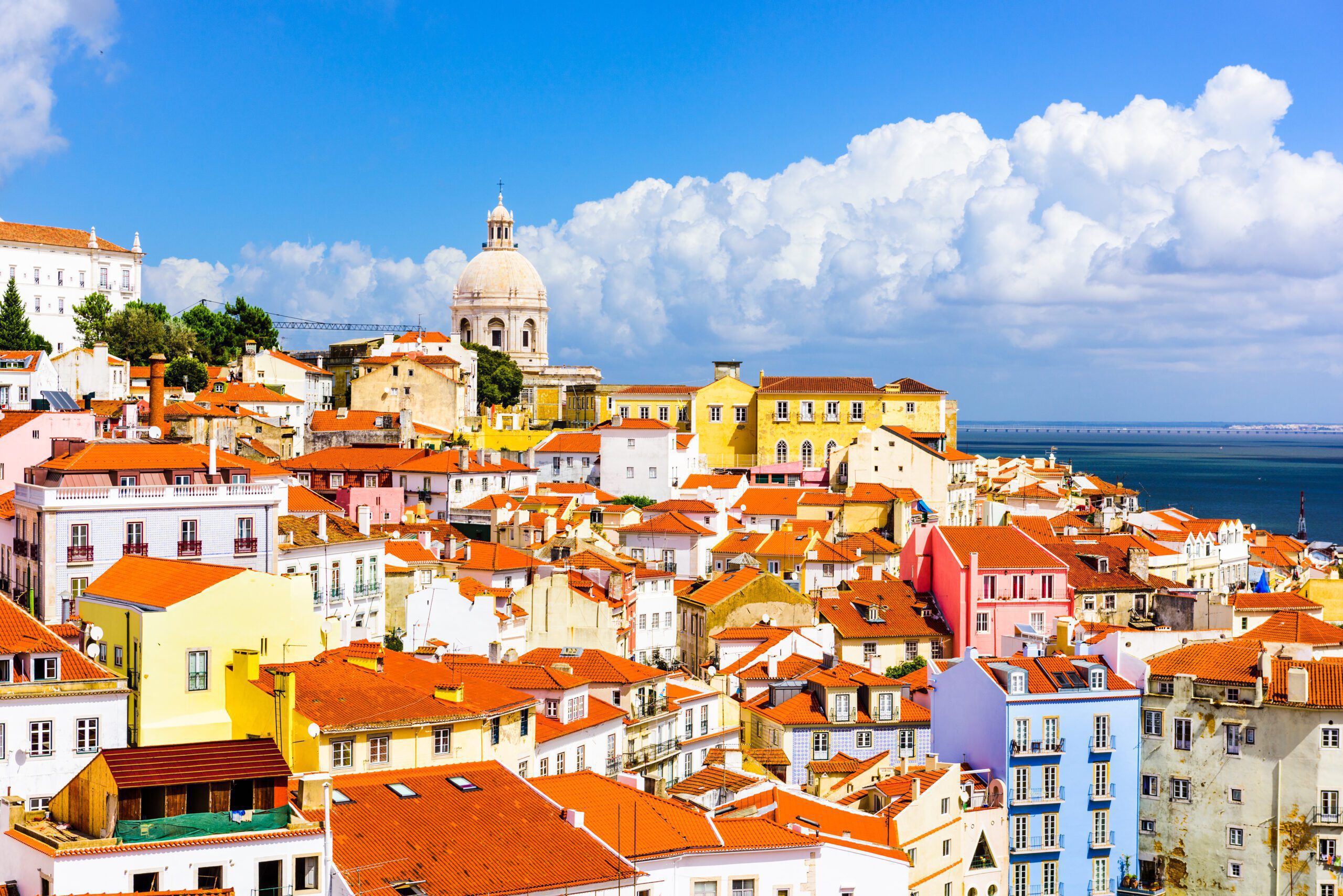

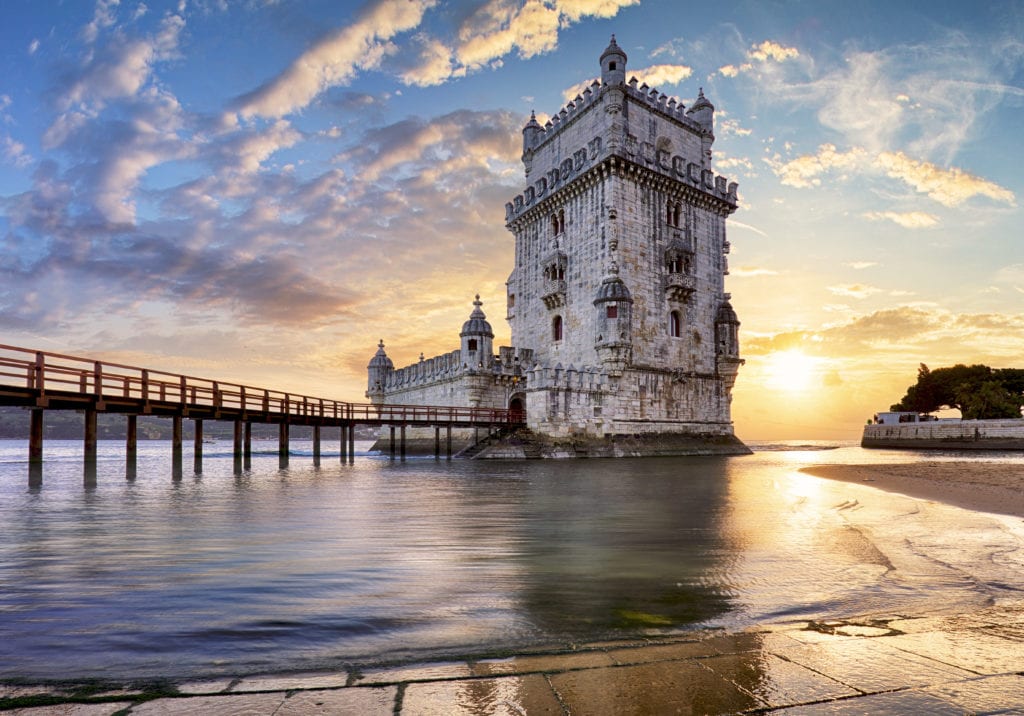

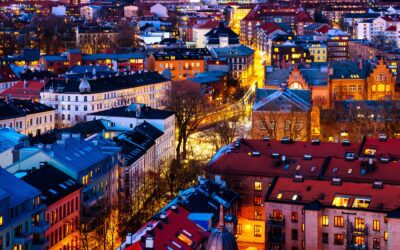
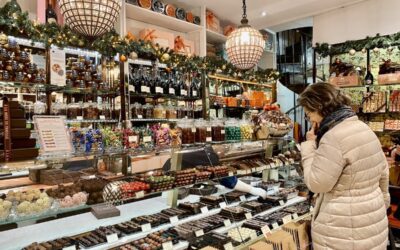
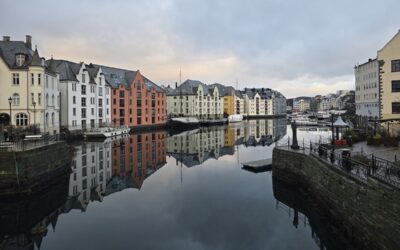
Sorry I had to leave the book club early last night — my brother had called and I needed to take the call as it was a health matter he was calling about. I have to confess I had not finished the book — still reading and enjoying it now. I have ordered the Ireland book, but it was hard to find and I may not receive it in time — also ordered driving over lemons… not sure how long it will take, shipping is slow in this covid time. Still, I am happy just to listen!
Thanks!